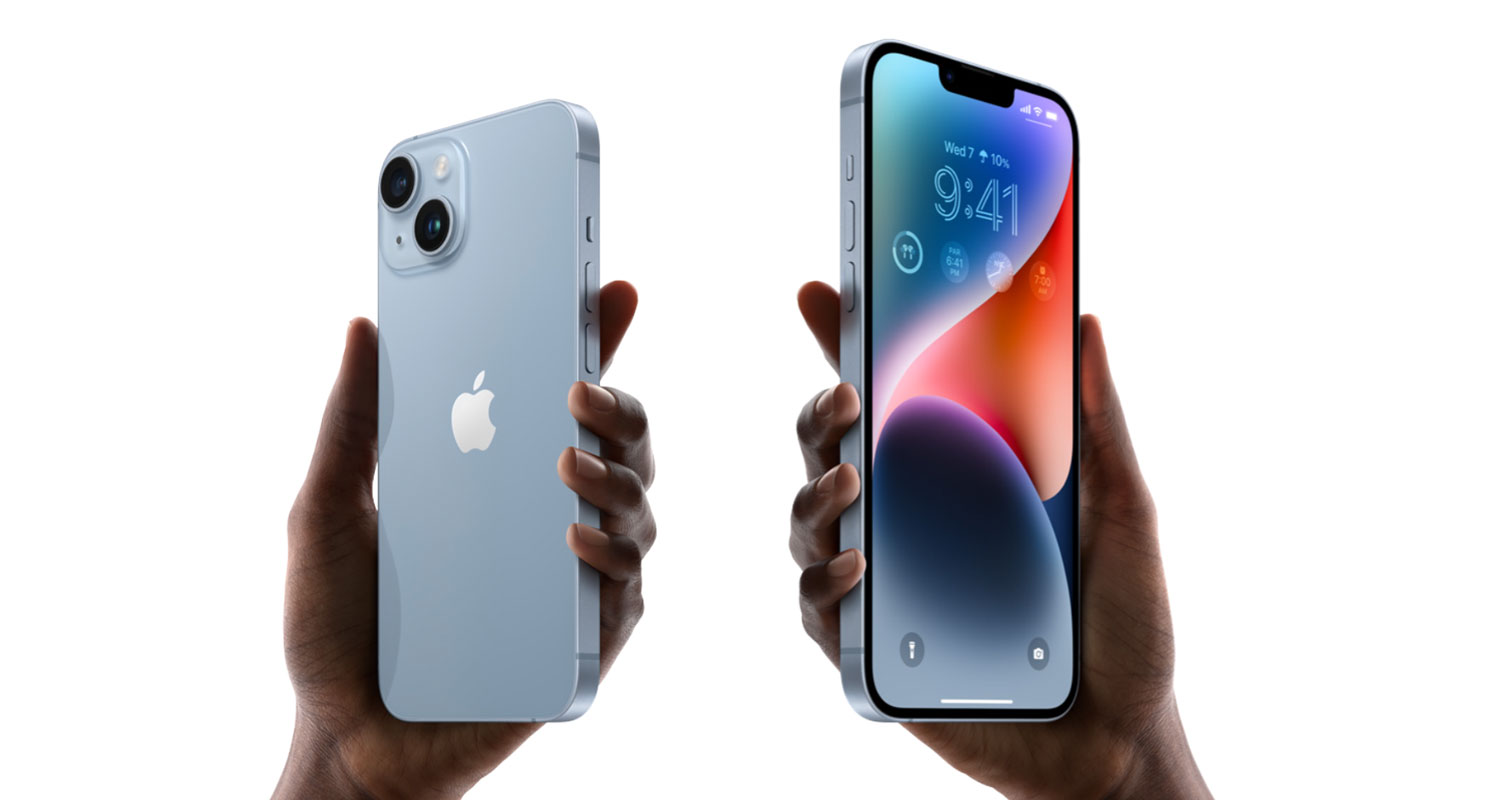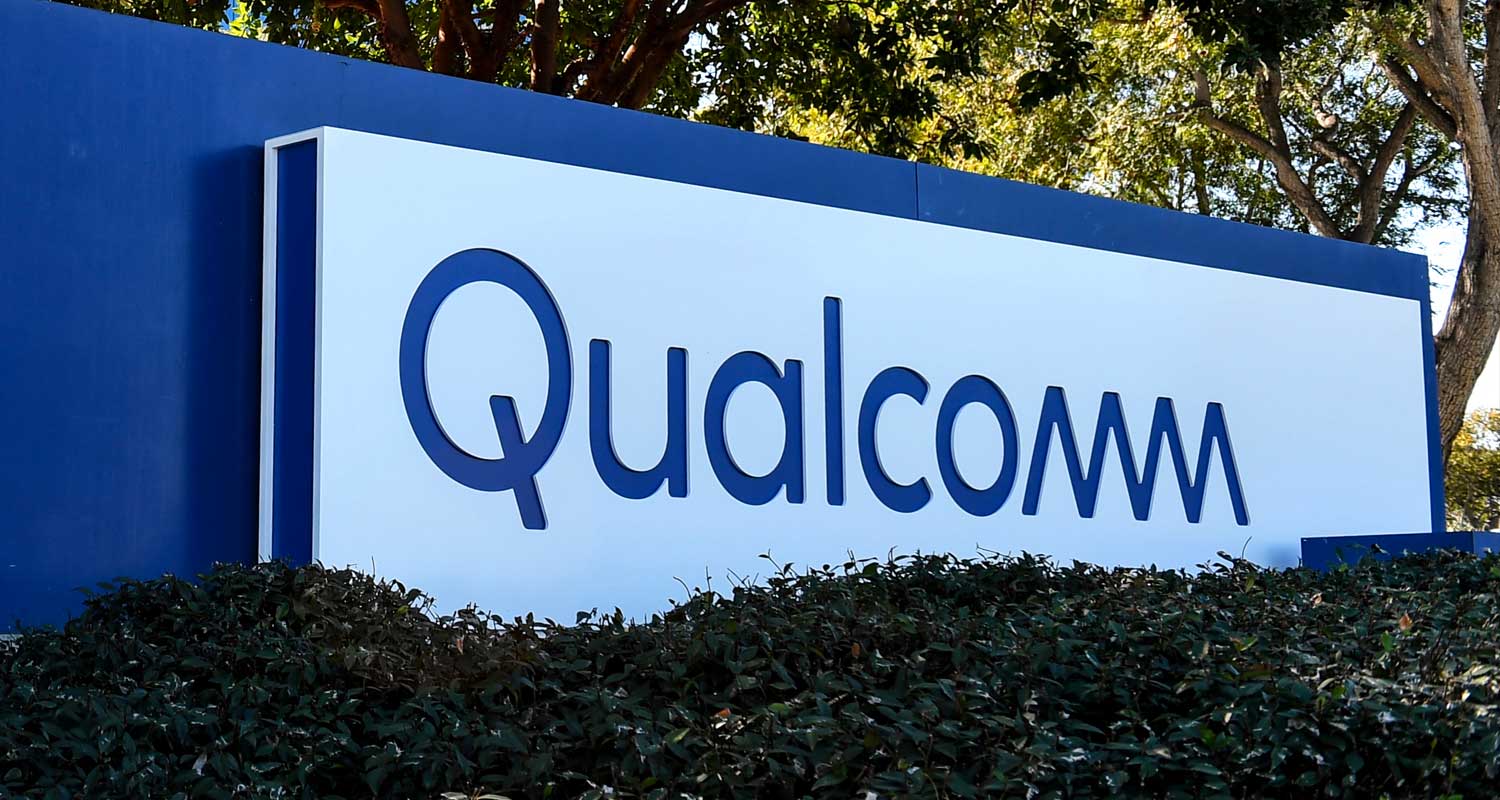
Apple is extending an agreement to get modem semiconductors from Qualcomm for three more years, a sign that its ambitious effort to design the chips in-house is taking longer than expected. Qualcomm shares surged on the news.
The new pact will cover “smartphone launches in 2024, 2025 and 2026”, Qualcomm said in a statement on Monday. The companies’ agreement had been set to end this year, and the latest iPhone — due on Tuesday — was expected to be one of the last to rely on the Qualcomm modem chip.
Instead, Qualcomm will maintain its lucrative position within Apple’s supply chain. The iPhone maker is Qualcomm’s largest customer — accounting for nearly a quarter of revenue. And their relationship helps validate Qualcomm’s claim to having the best smartphone modem, a critical component that allows devices to connect to the internet and make calls. Starting with the iPhone 12 generation, the chip has supported speedier 5G networks.
“This agreement reinforces Qualcomm’s track record of sustained leadership across 5G technologies and products,” the San Diego-based chip maker said. Though the financial terms of the new deal weren’t disclosed, Qualcomm said it was similar to the previous arrangement signed in 2019.
Qualcomm shares jumped more than 8% in pre-market trading in New York on Monday. Apple was up less than 1%.
For Apple, the move suggests that building a modem component has been more challenging than expected. The effort has been years in the works. The Cupertino, California-based company kicked off the project in 2018 and then bolstered it with the acquisition of Intel’s smartphone chip business in 2019.
By 2020, Apple heralded the development of its own modem as a “key strategy transition”. Johny Srouji, its chip chief, said at the time that the work was full speed ahead.
Qualcomm quality
Some analysts expected the component to be ready for the 2023 iPhone, but Qualcomm quashed that speculation last year. Apple was still looking to ship the modem at either the end of 2024 or in early 2025. Now the project has a longer runway before it needs to be ready.
It’s been a difficult undertaking: Apple needs a chip that can connect to various cellular networks globally without fail, while offering as good or better performance as Qualcomm. It’s run into trouble with battery life, and there are bureaucratic challenges, such as certifying the modem with authorities.
The company’s in-house chip push — branded as Apple Silicon — has had more success elsewhere. Apple replaced the Intel processors in its Macs over the past three years without many hitches, and the battery life and performance gains of those machines have been a selling point.
Read: Everything Apple will announce at its iPhone 15 keynote
The company also has been working to replace other semiconductors within the iPhone, including a key Broadcom part. Like Qualcomm, Broadcom counts Apple as its biggest customer. As part of the push, Apple has staffed up in southern California, where Qualcomm and Broadcom both have offices, aiming to recruit chip talent. The company has teams working on the new wireless chips in Cupertino, San Diego and Germany.
The new agreement comes just a day before Apple’s biggest announcement of the year. The company is set to unveil the iPhone 15, as well as updated Apple Watches and AirPods, at a presentation on Tuesday. It’s counting on the products to help reverse a sales slide that has lasted for three quarters. The iPhone is Apple’s largest single moneymaker, accounting for roughly half of its revenue.
 Qualcomm, the world’s largest maker of smartphone chips, has had a turbulent relationship with Apple over the years.
Qualcomm, the world’s largest maker of smartphone chips, has had a turbulent relationship with Apple over the years.
Apple waged legal challenges against a key tenet of Qualcomm’s business model: charging licensing fees for patents that govern the fundamentals of how wireless phone networks operate. Apple eventually lost that fight and agreed, like other major phone makers, to license Qualcomm’s technology. That arrangement will run until 2025, with the option to extend it for another two years.
Because wireless carriers around the world use a wide range of equipment and standards, it’s hard to design technology that works seamlessly. A modem chip has to be able to quickly connect to older 3G and 4G networks, as well as more modern 5G systems. Since the advent of data-centric phones, Qualcomm has led the field.
Read: Apple and Samsung to invest in ARM
Though the new contract extends until 2026, Apple could still start using its own modem before then. The company has been planning to roll out the component gradually.
In fact, Qualcomm is only projecting that it will have a 20% share of the business when the 2026 iPhone launches. Still, the company used similar wording with the original agreement, suggesting that it could be a conservative forecast. — Ian King and Mark Gurman, (c) 2023 Bloomberg LP

